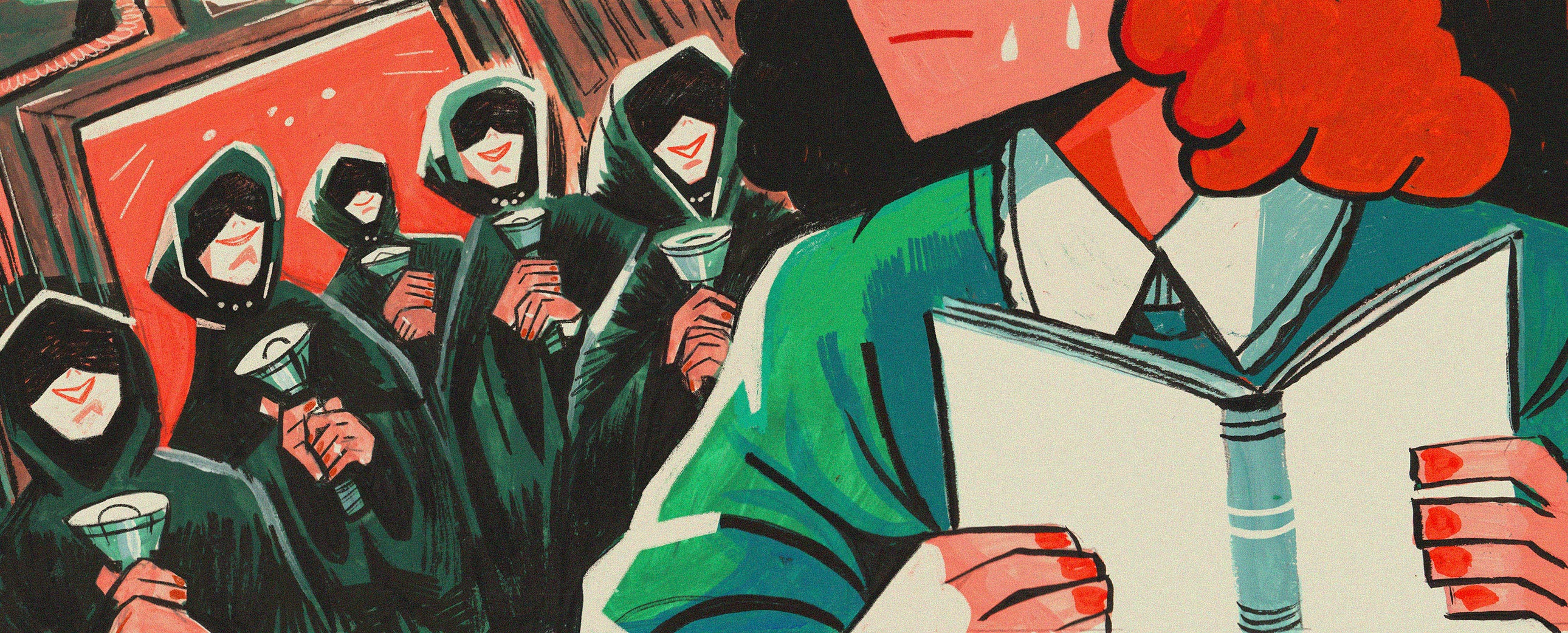Welcome to America’s Most Elite Girls Boarding School. Let the Hazing Begin.
I was a wide-eyed scholarship kid among daughters of the rich and famous. I expected academic rigor and supportive sisterhood—not humiliating midnight raids. But the most shocking thing to everyone else was when I stood up for myself.
The super-friendly Stepford girls put on a hell of a charade that morning in 1983, my first day at America’s most prestigious all-girls boarding school. A cheery girl with a clipboard greeted me and my father by name as we pulled up to the main building of Miss Porter’s School in our aging VW Squareback wagon. The school had posted headshots and information about new students in the hallway, so the clipboard girl already knew who I was.
An ant colony of students arrived to help carry stuff to my room, before showing me around the dorm and gathering a group for lunch. My roommate, who was from the South, had already set up her side of our room with a boom box, a selection of cassette tapes that included a Jane Fonda workout and the Big Chill soundtrack, and a dresser topped with hot rollers and Clinique makeup.
I was more accustomed to thrift store shopping and, as a budding New Waver, walking the careful line between expressing my personal style and fitting in. We were definitely from different worlds, but she was instantly likeable. I felt immediately settled in, and over the course of the day I chatted with scores of smiling girls who were eager to welcome us into this elite community.
You could drive down Main Street right by Miss Porter’s and not know it was a boarding school campus. It was easy to miss the small white sign outside the main building, which was sensibly called Main. Brick with a white-columned porch, it fit into the rest of the campus, which was mostly a collection of pretty, historic homes that had been turned into classrooms and dorms.
I fell asleep that first night looking forward to a three-year combo study hall and slumber party, on a perfect little campus in a quiet Connecticut town where nothing bad could ever happen.
That fantasy ended abruptly.
Keep reading with a 7-day free trial
Subscribe to Narratively to keep reading this post and get 7 days of free access to the full post archives.





